Research Projects
Private Aid and Social Media
This theme addresses the challenge of localising aid by exploring how small aid providers use social media fund-raising models. By building collaboration between small providers and larger agencies, we will offer insights on the new integration between social media and aid delivery for policy-makers and the public.
Digital Sweatshops in the Disaster Zone: Local Techie Aid Workers
This project examines the precarious conditions of digital labor of local aid workers in the Typhoon Haiyan response. Our interviews and ethnographic work invite discussion of how we can support techie aid workers to confidently author projects that address local concerns rather than see them as laborers to be used and discarded as quickly as the tech they are hired to test.
Participatory Literature and the Creative Expression of Environmental Challenges
Nature writing has historically been associated with white, Western, upper-middle-class men, and has thus tended to reinforce social segregation and inequity even while inspiring responsible stewardship of the natural world. Here we re-envision it in the hands of Filipina women as an instrument of sustainable development and environmental justice.
The Transnational Dimension of Religious Philanthropy and Disaster Response
This project documents the ways in which religious responses to disaster in the Philippines have taken on a transnational dimension. Our analysis draws on the experiences of Iglesia ni Cristo and Tzu Chi, two of the most influential religious organizations in the wake of Typhoon Haiyan and other recent disaster in the country.
ICT-Enabled Community Based Disaster Response
Highlighting the community-specific context and practices, this project advances the use of Information and Communications Technologies (ICT) in designing a participatory disaster governance in enhancing the role of community- based disaster risk management in the Philippines. By bringing together scholars, humanitarian and government actors, ICT experts, and the community, it aims to apply evidence-based knowledge in developing ICT-enabled community-based disaster response model and evaluative frameworks leveraging from the UK and Philippine-based experts anchored through immersion with vulnerable communities.







